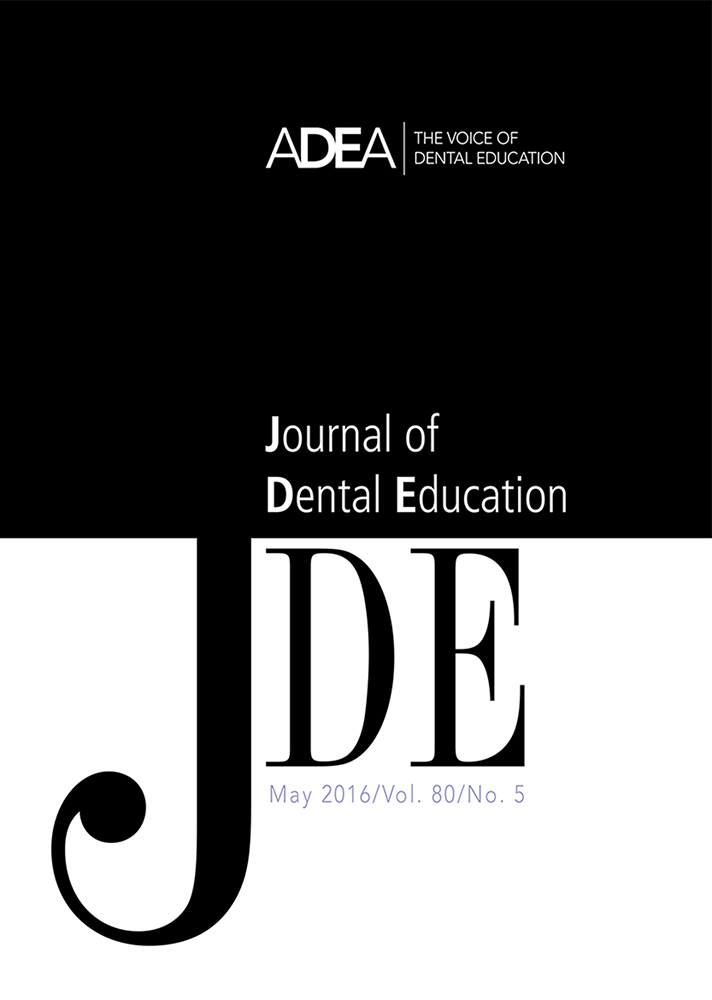Dental Student Study Strategies: Are Self-Testing and Scheduling Related to Academic Performance?
Abstract
Self-testing, a strategy wherein a student actively engages in creating questions and answers from study materials to assist with studying, has been found to be especially advantageous because it enhances future retrieval of information. Studies have found correlations among students’ grade point averages (GPAs), self-testing, and rereading study strategies, as well as the spacing of study sessions over time. The aim of this study was to assess relationships among dental students’ study strategies, scheduling of study time, and academic achievement. A 16-item survey requesting information on study habits, study schedules, and GPAs was distributed to 358 second-year dental students at New York University College of Dentistry. Additionally, the survey asked students to report the average number of hours per week they devoted to studying for didactic courses and preparing for hands-on preclinical courses. Of the 358 students, 94 (26%) responded to the survey. The vast majority of the respondents reported utilizing self-testing and rereading study strategies. High performers (with higher GPAs) were more likely to use self-testing, especially with flashcards, and to space their studying over multiple sessions. Lower performing students were more likely to highlight or underline their notes and to mass their study sessions or cram. Longer hours devoted to studying and practicing for simulation courses were associated with stronger performance; lower performers reported spending significantly fewer hours practicing for simulation courses. Half of the dental students surveyed said that they felt their studying would be more productive in the morning, although 84% reported doing most of their studying in the evening or late night. Sound study decisions depend on accurate regulation of ongoing learning and appropriate use and timing of evidence-based study strategies, so these results suggest that dental students may require guidance in these areas.




